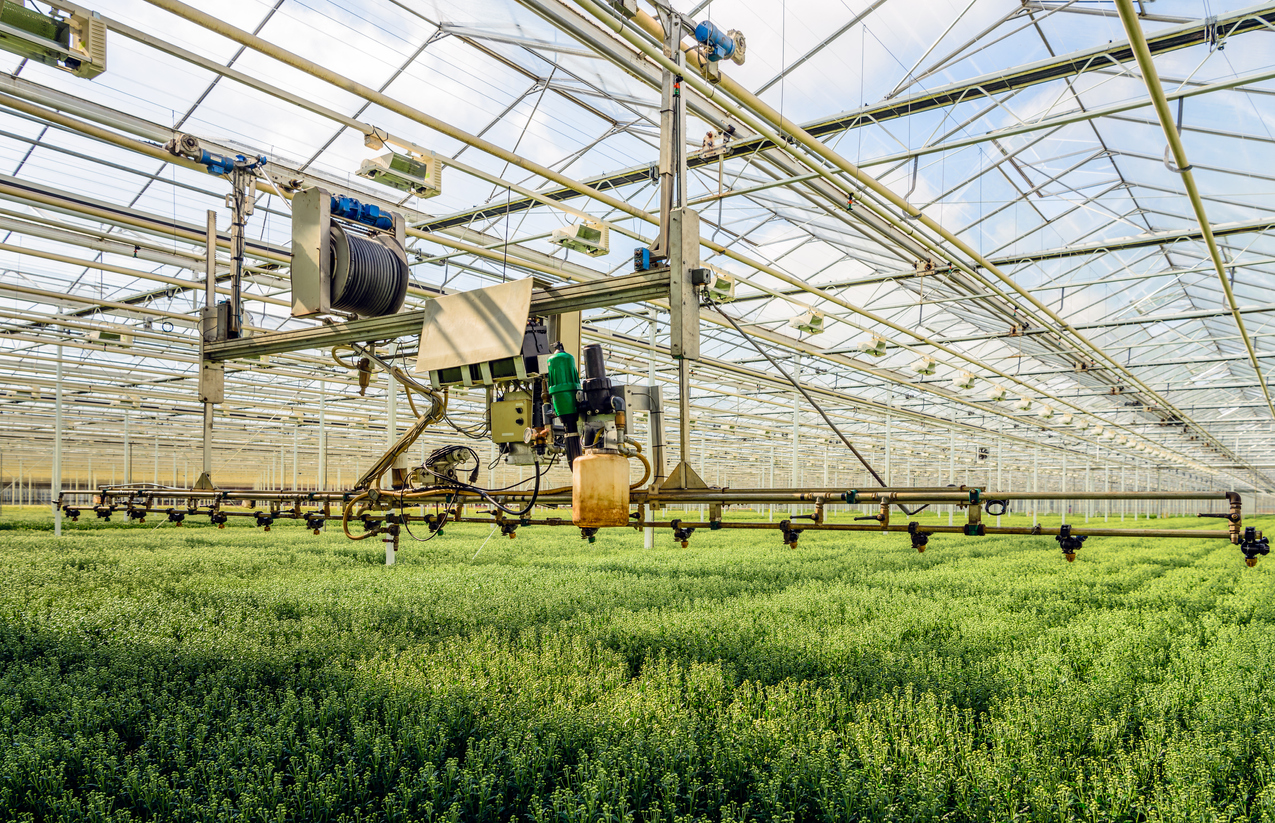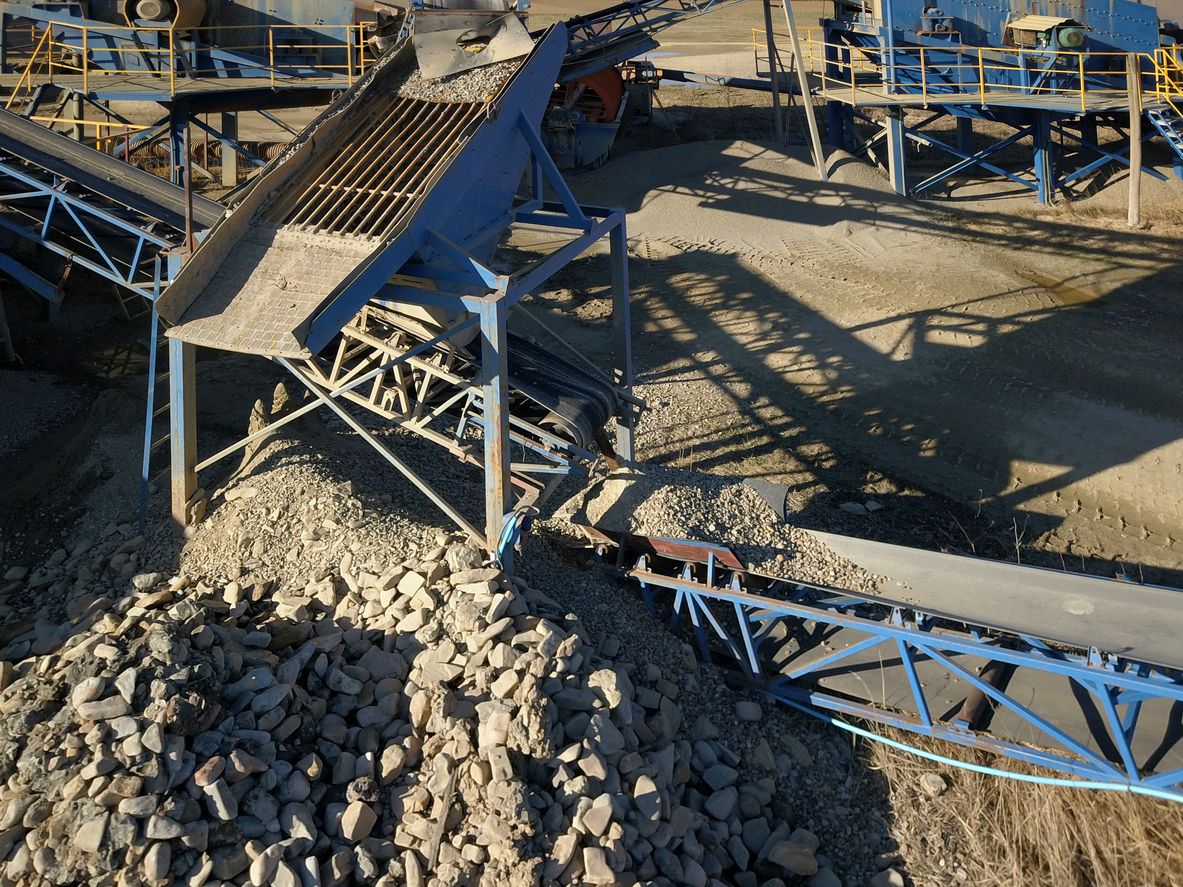Modern Methods of Agriculture: The Art of Farming in the Future
Modern Methods of Agriculture: The Art of Farming in the Future
The farming industry has evolved in the past and there are many more improvements in store for it in the future as well. The latest techniques, innovations, and even a few new business models have made it possible to improve agriculture and ensure that it meets the changing needs of a growing population, while keeping costs down at the same time. There are also many new methods that can be used to increase yields on farms. All these factors are contributing to a surge of interest in this sector and some big names, like Google or Amazon, have begun investing heavily in it as well. It’s only a matter of time before this sector becomes a roaring success again! However, much of what we see now is still primitive agriculture and not the modern farming model that we imagine from today’s films or business leaders. And though much improvement is needed if we are going to achieve that vision within our lifetime; some aspects appear to be working out very well indeed. Let us explore some key components of modern agriculture:
Robotics in Farming
Robotics has already proven its potential in a number of industries, but the agricultural sector is the most likely candidate for a major breakthrough due to the need for precision and automation. A number of robotic automation systems are already in use in agriculture, but there is still a long way to go before robotic farming systems are commonplace. Many agricultural robots currently do only a few specific tasks, and most of them are for crop maintenance. However, it’s likely that these will evolve towards full-scale farming in the near future, providing assistance such as fertilizing, pruning, irrigation, and pest control. The most advanced robotic systems are being developed to help farmers manage water. For example, robots that can detect and track the flow of water in a field are being developed. According to one project, a farmer in Mexico plans to use drones and advanced sensor technology to automate the irrigation of vegetable crops.
Irrigation and Water Management
Irrigation can be used to ensure that crops receive the right amount of water at the right time, in the right quantity, and location. This is very important in order to ensure good yields. The first step in irrigation is to create a plan and then to find the right method to deliver water to the right areas of a field. This can be an expensive and time-consuming process, so it is likely that we will see more and more investment in remote and automated irrigation systems. Water management is another important aspect of modern farming. Agriculture is a thirsty industry and this is true whether you are growing crops or raising animals for food. Pests, diseases, and other factors can cause significant damage to crops and livestock, so it is essential that farmers are able to manage their water resources. There are many technologies that can be used to ensure that water is used efficiently. For example, irrigation systems can be controlled to provide water only to the parts of a field that need it. This allows crops to grow without being damaged by pests or diseases. There are also technologies that can be used to reduce the amount of water that is lost to evaporation. A good example of this is seen in the development of irrigation equipment that uses mist to reduce water loss.
Graphene for Enhanced Plant Growth and Productivity
Graphene is a very strong and conductive material that is only one-atom thick. It is therefore very useful in electronics, but it is also finding its way into agriculture. Researchers are looking at graphene as a material that could be used to grow crops. It has been shown to enhance the growth of plants, improve their resistance to disease, facilitate the transfer of water and nutrients, and prevent the build-up of soil microbes that cause damage to crops. Researchers are also looking at graphene sensors in order to improve irrigation management and the decision-making of robots in order to maximize yields. There are already several companies that offer graphene sensors. They can be used to monitor the condition of crops in real time and allow farmers to take corrective action that would otherwise be delayed. There are also systems being developed that will enable IoT devices to communicate with each other, which could help to address the problem of data management.
3D Printing in Farming
Another area in which we are likely to see rapid progress is in the use of 3D printing in farming. This is a technology that has been used in a number of industries, but has only recently become cost-effective enough to be used in large-scale farming. It has the potential to revolutionize the way that food products are made and are marketed. Instead of relying on the human food chain, it would be possible for farms to make all sorts of foodstuffs for humans and animals using the same technology. 3D printing could also be used to make durable structures on farms. This could include buildings, greenhouses, and animal pens. It could also be used to make tools and equipment, such as tractors and irrigation systems, that would be able to function for many years without needing to be replaced. There is also potential to use 3D printing to make bio-based products that would be sustainable and biodegradable. This would allow farmers to create products that have a much longer shelf life than those made with materials that have to be replaced every few years. And, of course, the printing of foodstuffs would be one of the most popular uses of 3D printing.
Conclusion
With the right preparation, investments, and a bit of luck, farming can be a financially rewarding and exciting career path that allows you to provide for your family in a way that is environmentally friendly. In order to succeed, it is essential for farmers to have the right skills and knowledge about how the industry works. This can be obtained through education and training programs offered by agricultural schools and colleges.








LEAVE A COMMENT
You must be logged in to post a comment.